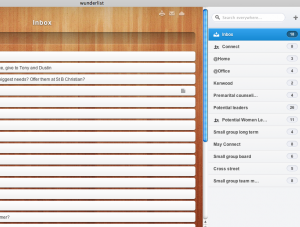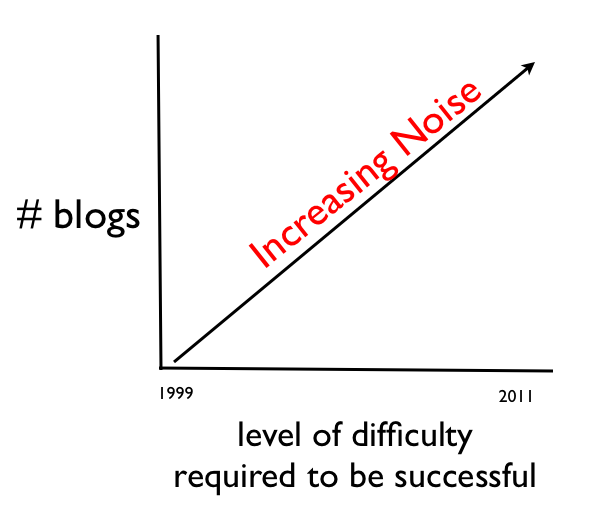…reveals what’s important to your heart.
Here are things I’m wrestling through:
- Is our small groups system really creating disciples?
- Is our small groups system a great picture of Gospel community?
- What does it look like for our whole church to be moving in the same direction?
- What’s next?
- Am I leading in such a way that others are growing to love God and people more?
- Is my ministry online truly helpful? What needs to change so that it does more good?
- Am I leading my family well? How can I do a better job?
- Is my son growing towards being a man of God?
These are the things keeping me up at night.
If you’re leading an organization…what is it that is causing you to sweat, go to work early, pray more, fast more, sleep less, and work harder?
If you don’t know what that is, maybe you should stay up at night and figure it out…
One day soon afterward Jesus went up on a mountain to pray, and he prayed to God all night. At daybreak he called together all of his disciples and chose twelve of them to be apostles… – Luke 6:12-13














